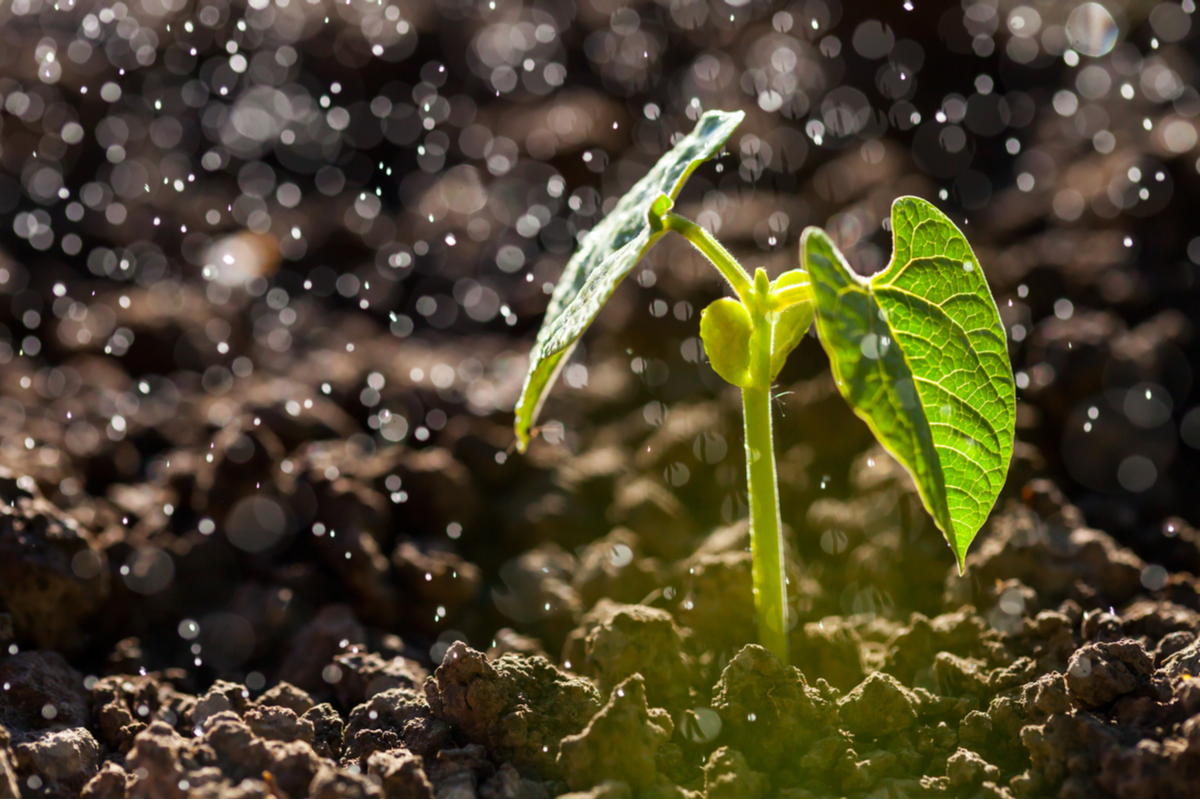Insects are a part of gardening, and they fill all kinds of roles. There are beneficial insects, like pollinators and some that hunt other, more harmful insects. There are neutral bugs that don’t bother your plants but don’t seem to do anything to help them, either. Of course, there are also pests that eat, destroy, or infect your plants. If you’re looking to get rid of these pests in an eco-friendly way, here are our recommendations.
Why are organic sprays important?
Pesticides, organic or not, are made to kill pests. That’s fairly obvious — it’s in the name, after all. However, using man-made chemical sprays can have some unintended consequences. Some plants, for example, are exceptionally sensitive and can be harmed or even killed by chemical sprays that are otherwise considered plant-safe.
There are also unintended environmental consequences. Chemical sprays may harm insects that are beneficial to the garden, or may do too much damage to the population of unwanted insects, causing a chain reaction that damages the garden ecosystem. Remember, even the most annoying of pests has a role in the food chain and the ecosystem! So always choose organic pest control methods – you want them to stop eating your plants, not to stop existing!

Chemicals can cause environmental damage of varying levels, too. Using a chemical spray occasionally on a small scale may not cause any immediately visible damage, but using it too often or on a larger scale can cause chemicals to build up in the soil or leak into nearby water.
Now, organic compounds can also build up this way, and large amounts of a natural substance, present where it normally isn’t, can also cause problems. Too much nitrogen, a natural and vital element used in most fertilizers, can lead to algal blooms, which can devastate a river ecosystem. However, these types of buildups, while still a problem and not necessarily easy to fix, are often easier, at least, to fix than artificial chemical buildups.
Natria Insecticidal Soap
Natria’s insecticidal soap has the active ingredient potassium salts of fatty acids. Sometimes called soap salts, this is used in most types of insecticidal soaps and is a mixture of potassium chloride and fatty acids, typically from coconut or palm oil. It’s very effective against soft-bodied insects, like mites and aphids.
Natria is safe to use indoors, outdoors, and in greenhouses. This makes it a great option for houseplants, as some chemical sprays need to be used outdoors or in a well-ventilated area.
This pesticide is OMRI (Organic Materials Review Institute) certified, so you can be sure it’s trustworthy and actually organic. Something that isn’t always common knowledge is that the regulations for words like “organic” and “natural” are a bit flimsy, so you can’t always trust it when a box or bottle uses those terms. Check to see if there’s a certification of any kind, and even then you may want to double check the organization giving the certification. OMRI is a good, trusted certificate to look for.
Safer Brand Pyrethrin
Safer Brand Insecticidal Soap and Pyrethrin Concentrate also contains potassium salts from fatty acids, but it also contains pyrethrin. Pyrethrin is a natural pest repellent produced by chrysanthemums. The combination of the two means that this is a great way to target and repel both soft- and hard-bodied insects.
Safer Brand is also OMRI certified, so you can be assured that it’s organic! An important thing to note is that this is a concentrate, meaning it is meant to be diluted before use. Be sure to carefully read all the instructions!
The Neem Co. Neem Oil
Neem Co Neem Oil is, as the name suggests, just neem oil. It’s OMRI certified, 100% neem oil. Neem oil is made from the pressed seeds of the neem tree, Azadirachta indica or Indian lilac. It’s a tree in the mahogany family that is native to India. Neem oil has a long historical use as a pesticide and is very effective!
Whether you choose one of these three great options or go looking for a different brand, now you know the best way to move forward! Look for potassium salts of fatty acids, pyrethrin, or neem oil, and check for a certification from OMRI or another trusted organization, and you can’t possibly go wrong.
Editors' Recommendations
- What should you do if you find a snake in your garden?
- The best sprays to keep pests off your delicate hibiscus plants
- Can you use garlic as a pesticide? What you need to know
- Does Epsom salt kill ants (and is it safe)? Here’s what we’ve found
- You should never use ladybugs as pest control – this is why



